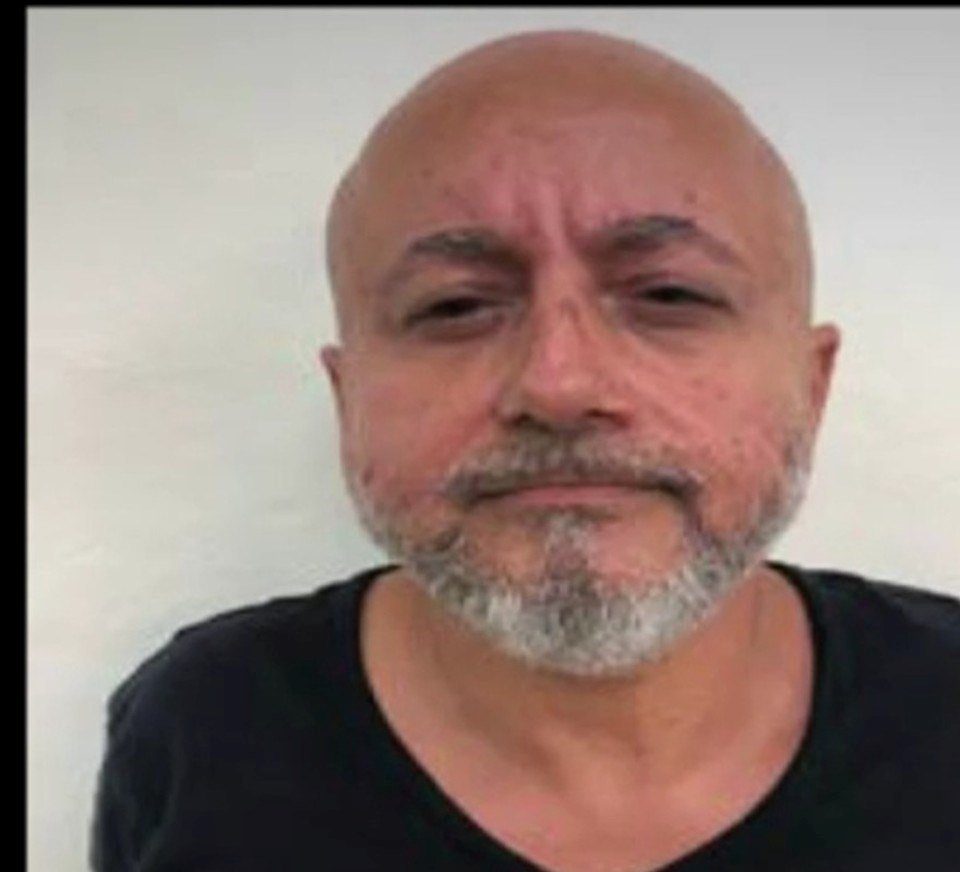Fake brochures, monthly financial statements and elaborate sales messages were all part of a plan contrived to bilk hundreds of investors out of millions of dollars.
Behind it all was Charles DeBono, who court heard took much of that money with him when he moved to the Dominican Republic.
In all, about 515 people lost a combined $29 million leading some to lose their life savings and retirement incomes, crushing relationships along the way, DeBono’s sentencing hearing was told on Monday.
The 63-year-old man had earlier pleaded guilty to fraud over $5,000 dating back to 2012 and laundering money. He was arrested in the Dominican Republic during the height of the pandemic in September 2020.
One woman told a Barrie court through a Zoom link that her 56-year-old brother died alone in a rental apartment after losing his money to the fraudster.
“He told me he didn’t have much left to live for” after losing the money, she told the court.
Prosecutors with Ontario’s integrated financial crime services unit, in which police and prosecutors work together, have told BarrieToday that about $2.3 million in seized assets will be used as restitution for the victims, as about 400 have filled out the necessary forms. But they will each receive less than one per cent of what they lost, representing less than 10 cents on every dollar.
There are discussions underway with officials about assets in the Dominican Republic, where DeBono had vast holdings in property, resorts and collector cars. But Canada has no treaty allowing for formal seizure of assets, many of which have mingled ownership.
DeBono created KIS Media Ventures in 2012, which served as an umbrella organization for illicit companies, including Debit Direct, a point-of-sale terminal ownership program. An elaborate program was established and marketed at franchise shows through sales agents, allowing investors to earn profits every time one of their debit machines was used.
In the end, the investors learned the only machines that were purchased were likely the ones used in demonstrations to attract the investors and the program was nothing more than a Ponzi scheme that allowed DeBono to live a lavish lifestyle in the Caribbean.
In their victim impact statement read into the court, one woman said her husband invested much of the profits gained from the sale of his cleaning business in DeBono’s company and she used her severance money.
“We started with a small amount but decided to keep investing,” Crown prosecutor Ted Ofiara read from their statement. “I trusted him. At this point in our lives, we can never recover financially from this.”
When they realized that money — $350,000 representing most of their savings — was gone, her husband had to start over. But a non-compete clause in his agreement to sell meant he couldn’t launch a similar company, so he took a job as a caretaker.
Retirement for the couple appears elusive.
Another man told the court over Zoom that he changed career paths so he could spend more time at home with his young family. He thought investing in DeBono’s company could help him do that and achieve some security.
“Waking up one day and seeing everything was gone was like an out-of-body experience,” he said.
His relationship with his wife is now severed and he doesn’t often see his children.
“My life as it was is gone,” he said.
Describing it as “one of the larger frauds in recent Ontario history,” prosecutor Patrick Travers said the Crown is seeking a seven-year sentence, minus the time DeBono has spent in jail since his arrest waiting for his day in court.
Investors lost $29,142,042.41, only a portion of that — $2,231,270.42 — was recovered through seized assets. Travers said that leaves a net loss of $26,910,772.
The Crown is asking the court to issue a fine in lieu of forfeiture and issue an additional sentence if DeBono fails to pay up within five years after serving his first sentence.
Defence attorney David Goodman, who asked for a five-year sentence, said DeBono went down a rabbit hole he was unable to climb out of.
“Once the train left the station, he was unable to bring it back,” Goodman said. “He was blinded by the amount of money, he was blinded by the buying power and everything that went with it.”
DeBono, who takes insulin twice daily for diabetes, is bipolar and a prostate cancer survivor. Goodman said DeBono has no criminal history and was previously a service manager in auto repair and body shops, bought and sold cars and was a credit analyst.
His guilty plea, Goodman added, is a sign of remorse and he wants to pay people back.
Addressing the court, DeBono said he was very remorseful and “sorry for what I’ve put the victims through. I will do my best to make restitution.”
DeBono is scheduled to return to court June 28 for sentencing.
The fraud probe, dubbed Project Debit Direct after DeBono’s company, was the integrated financial crime services unit’s first investigation after launching in 2018.



